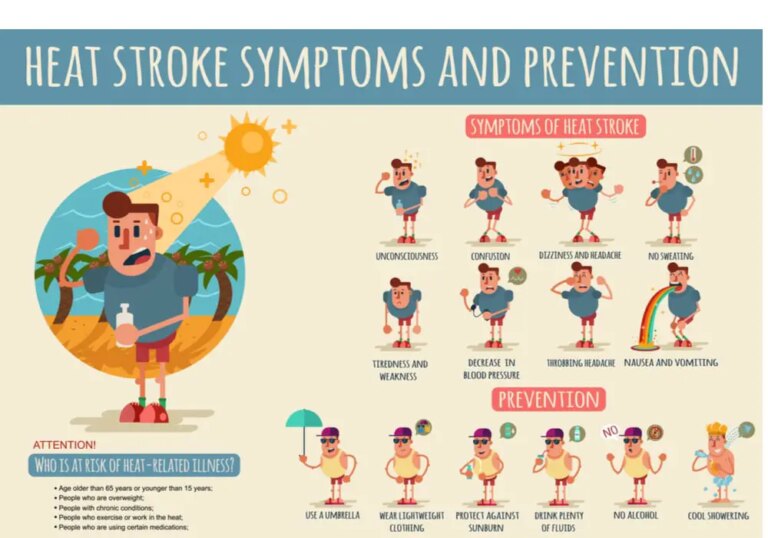According to a recent Forbes article, twenty percent of Americans are “extremely” stressed. Some cite concerns about money, relationships, or their job, but whatever the reason, too much stress for extended periods can cause significant health issues.
What Is Stress?
Stress is the body’s natural way of responding to threats, whether they’re physical, psychological, or emotional. Stress is part of your fight-or-flight response, which releases adrenaline and cortisol. When this happens, your muscles get tight, your heart pounds, blood pressure increases, and your senses sharpen. This process boosts your strength and stamina to get you through a stressful situation, regardless of what it is.
Years ago, stress kept people out of harm’s way or prepared them to fight as they faced life-or-death situations regularly. In today’s world, the stressors are different. Rushing to work in eight lanes of traffic is stressful but not life-threatening. Though your brain understands this, the body’s natural responses remain the same, preparing to flee or fight, neither of which are necessary reactions during a commute. It leads to various health problems, from trouble sleeping to anxiety to weight gain. So what does one do to prevent these side effects?
Recognize Stress Triggers
The first step to managing stress is recognizing your triggers. Some triggers are external, such as a nosy, gossiping neighbor, but others are internal and self-generated, such as worrying about things beyond your control. Identifying what causes your stress allows you to manage it productively. For example, you could avoid your neighbor whenever possible and keep conversations to a quick, “Hi, have a great day,” or change your attitude toward your neighbor.
Unfortunately, there are some situations in which neither of these options works. For example, you can’t avoid an unpleasant boss. If stress starts to harm your quality of life, it’s time to do something about it. Consider learning coping mechanisms and relaxation strategies to help reduce stress. Meditation and yoga are proven stress relievers and easy to incorporate into your daily life. Talking to a close friend, or if necessary, a therapist can also help you learn new ways to manage your stress and gain control over it.
Partha’s Rx
- Build a support network of friends and family.
- Exercise at least three days a week to reduce stress.
- Become mindful through meditation or yoga.
- Get a good night’s sleep.
- Avoid processed foods and eat clean.




















